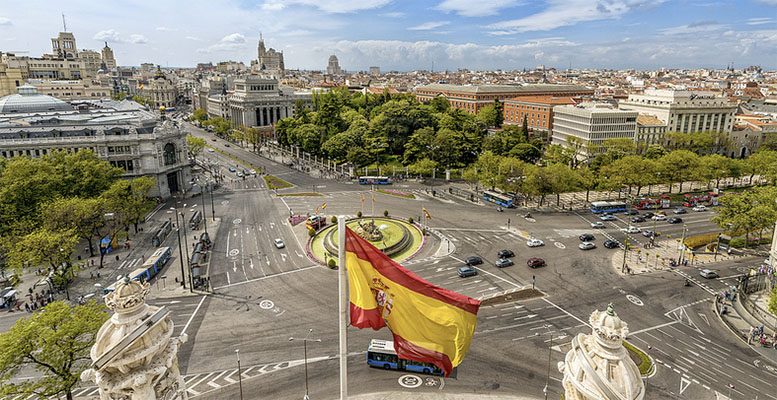Spain’s democracy was ranked 18 last year, out of a total of 167 democracies analyzed by the Democracy Index of The Economist’s Intelligence Unit. This ranking represents an advance of one position compared to the previous year. Despite this good mark, the publication condemns Spain for the long sentences it imposed on the Catalan leaders of the so called “procés.”
In fact, The Economist points out that “the excessively legalistic response that the Spanish authorities gave to the Catalan crisis in 2017 evidenced a lack of confidence to address the issue with political dialogue and open debate.” And it adds that the “modest improvement” in 2019 was due to the local elections in May.
Spain obtained an overall score of 8.18 points out of 10 (ten tenths of a point more than last year), a higher rating than neighbouring countries such as France (8.12) and Portugal (8.03), which this year enter the group of full democracies. It is also superior to Belgium (7.64) or Italy (7.52), considered “imperfect democracies” by The Economist. Once again, the ranking is led by the Scandinavian countries: Norway occupies first position with 9.87; Iceland second (9.58) and Sweden third (9.39).
In an election year, and with a fragmented Parliament, Spain scores well in the five blocks which constitute the index. Particularly in those where it analyzes the quality of electoral processes and pluralism, with a score of 9.58, on a par with Sweden, Switzerland, the Netherlands or Germany.
These are followed by blocks focusing on civil liberties, where Spain obtains 8.82; political culture, 8.13; political participation, 7.22; and Government administration, 7.14.





